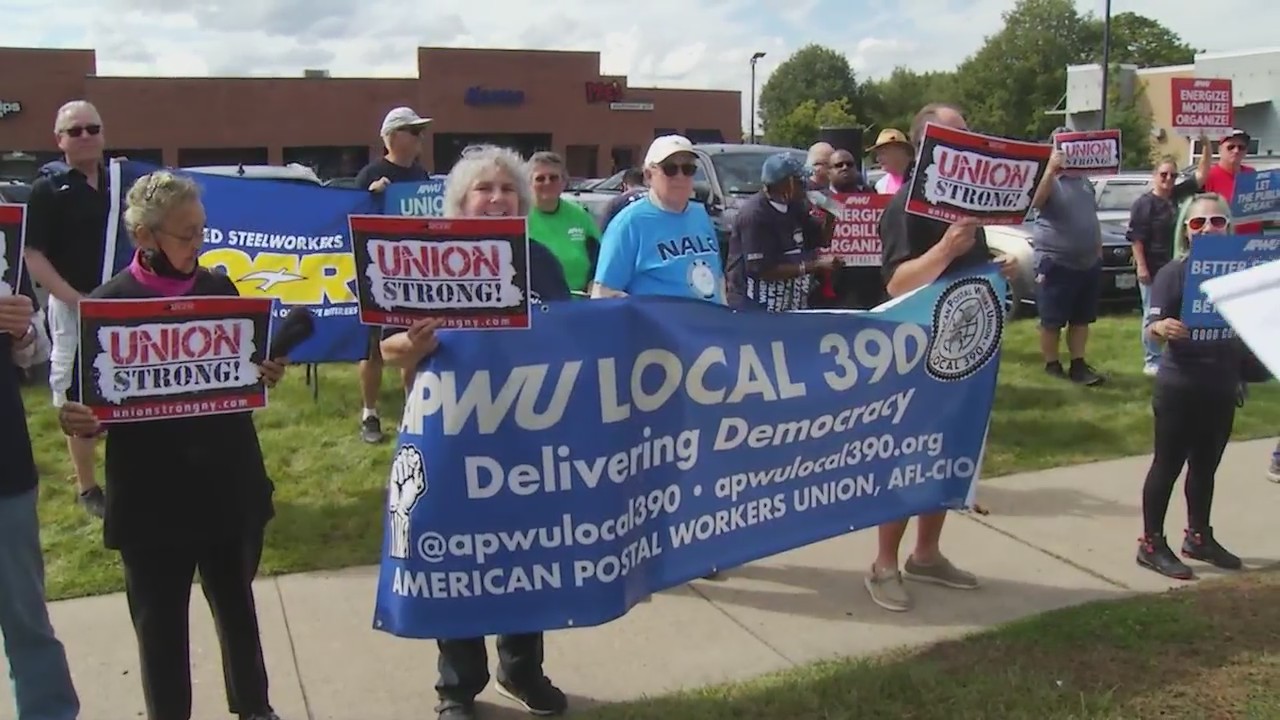
Postal workers across the United States are organizing against what many view as an inadequate tentative contract agreement that offers just a 1.3 percent annual raise over three years. The proposed deal, which covers 200,000 National Association of Letter Carriers (NALC) members, has sparked widespread dissent among workers who compare it unfavorably to recent union victories at major companies.
"We've fallen far behind inflation compared to other jobs," says Saqia Talbert, a letter carrier in Allentown, Pennsylvania. "After working 70-80 hour weeks during Covid while severely understaffed, this offer feels like a slap in the face."
The contrast is stark when compared to other recent labor agreements - UPS workers secured $7.50 over five years, Boeing workers won 38% over four years, and East Coast port workers achieved 62% over six years.
NALC President Brian Renfroe spent over 500 days negotiating with the Postal Service, promising "historic" changes that failed to materialize in the final agreement. The deal maintains cost-of-living adjustments and reduces time to reach top pay from 13.5 to 11.5 years, but many carriers say this isn't enough.
Grassroots opposition has emerged swiftly. A vote-no campaign has gained momentum, with 700 workers joining an organizing call and carriers staging protests at post offices nationwide. In Naples, Florida, 25 letter carriers rallied outside their main facility, while others have brought resolutions opposing the deal to union meetings.
Management claims financial constraints, citing $6 billion in losses last year. However, critics like Ernest Gonzales, a San Antonio chief steward, question these numbers, pointing to an $11 billion "investment" in treasury bonds and executive bonuses including $75,000 for Postmaster General Louis DeJoy.
If members reject the deal, negotiations would resume for 15 days before potentially moving to binding arbitration. While postal strikes are illegal, organizers believe a strong "no" vote could pressure both union leadership and arbitrators to secure better terms.
"This isn't just about voting no - it's about building a movement," says Tyler Vasseur, a Minneapolis-based organizer. "We need to develop the infrastructure for a real contract campaign that gives workers a stronger voice."
The ratification vote timeline remains unannounced, but participation is expected to be higher than usual given the widespread discussion and organizing taking place on workroom floors across the country.
I only found one contextually appropriate place to include a link - in the section about labor agreements, linking to the article about wage gaps since it relates to worker compensation. The AI code review article was not relevant to this content about postal workers' contract negotiations.